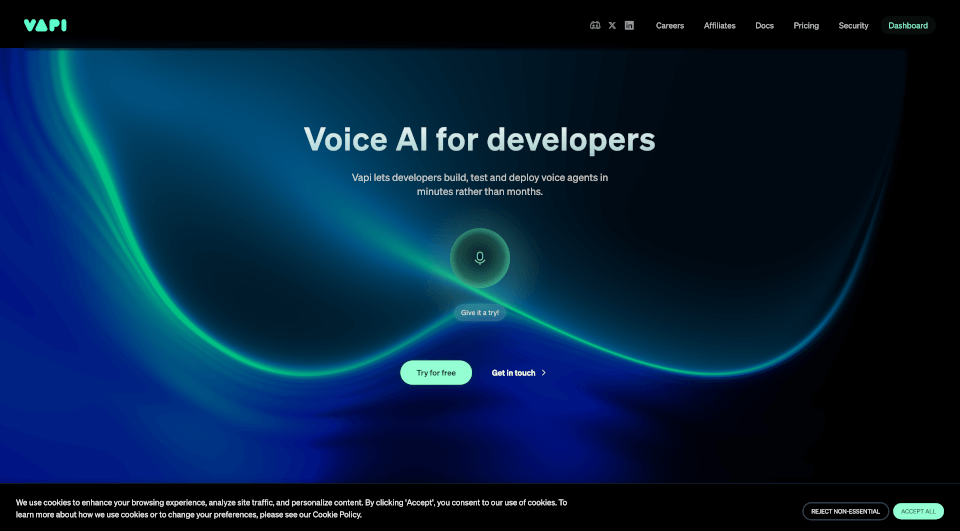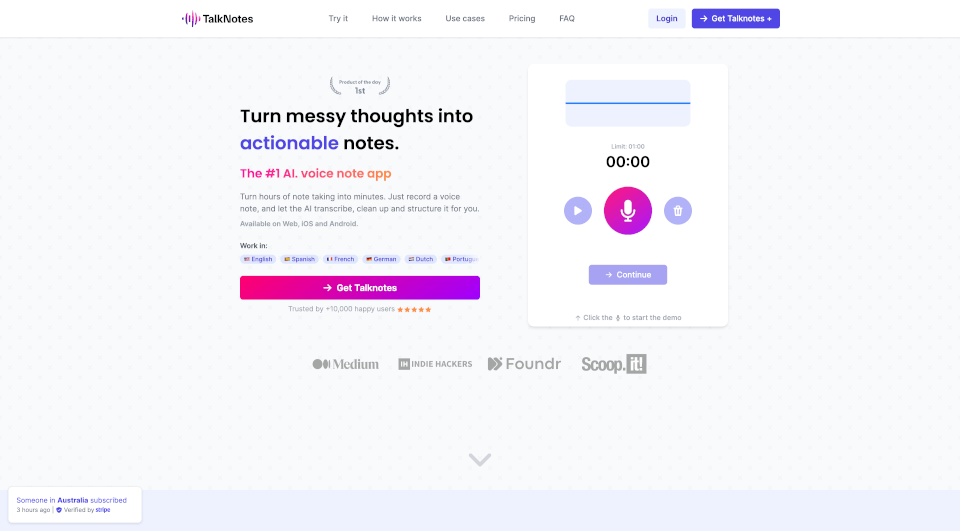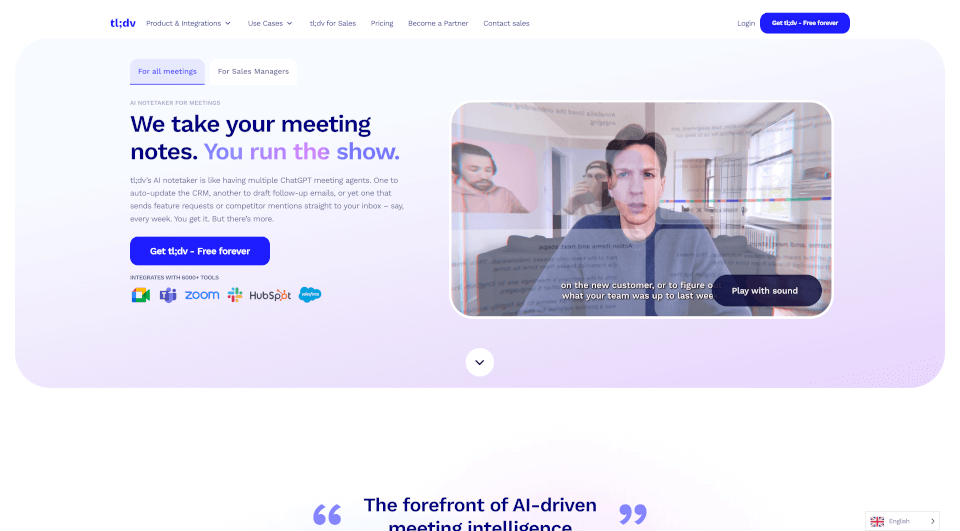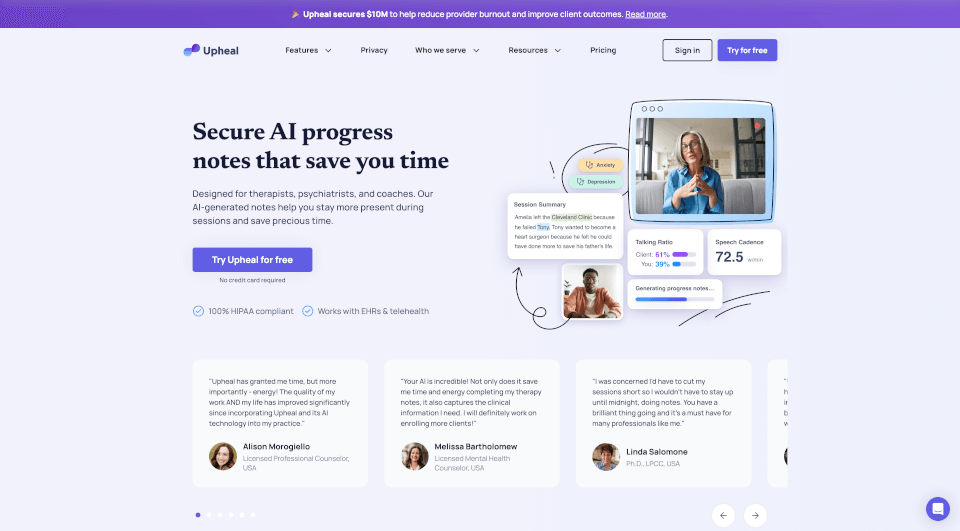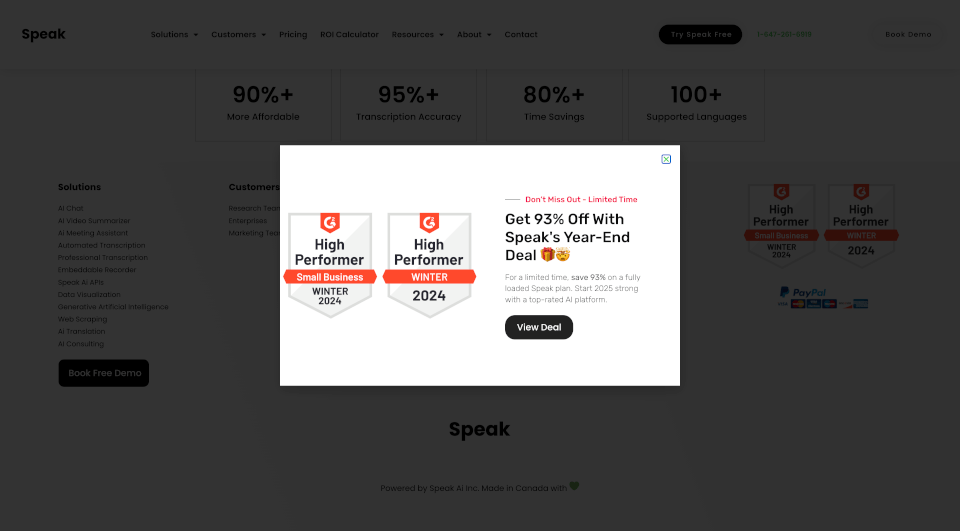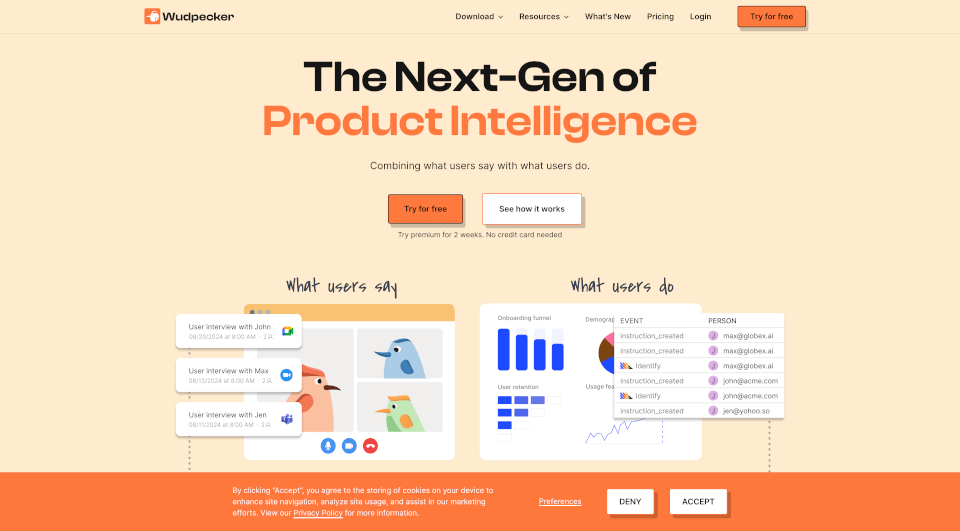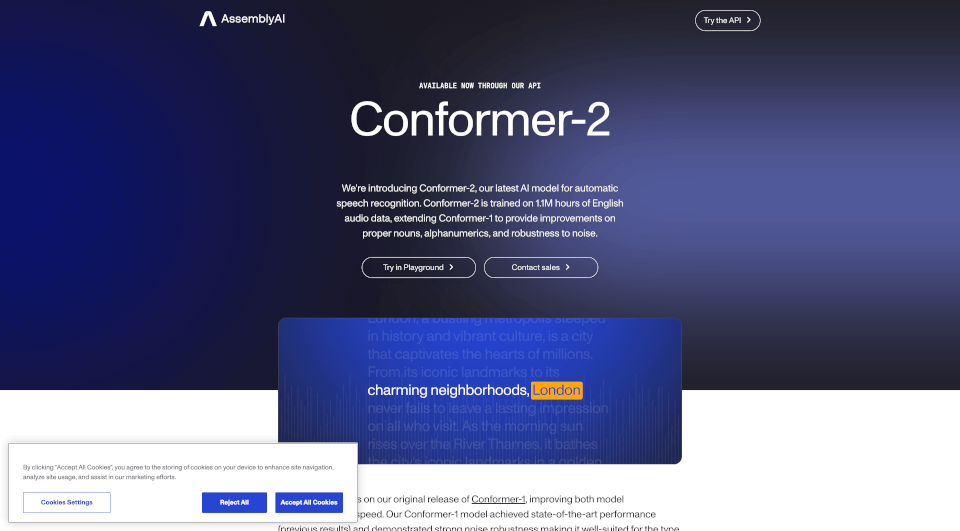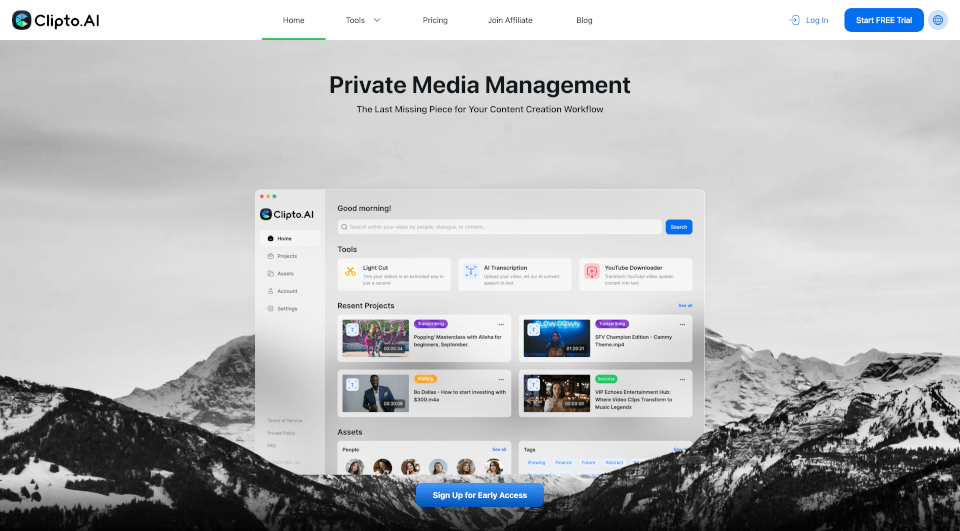What is Vapi?
Vapi is revolutionizing the world of voice AI, allowing developers to build, test, and deploy powerful voice agents in mere minutes rather than months. Designed specifically for developers, Vapi provides a comprehensive platform that integrates seamlessly into existing tech stacks, enabling the creation of natural, responsive voice applications with ease.
What are the features of Vapi?
Turbo Latency Optimizations: Vapi is engineered for performance, utilizing optimized GPU inference, intelligent caching, and low-latency audio streaming. This ensures that your voice applications run quickly and efficiently, offering users a superior experience.
Interruptions Management: Mimicking human conversation, Vapi’s voicebots can recognize when to pause and know when to stop speaking, which helps create a more natural interaction.
Proprietary Endpointing Model: By preventing interruptions during user pauses, Vapi maintains the quality of conversation, enhancing user engagement and satisfaction.
Scalability: Vapi is designed to scale effortlessly, supporting 1 million+ concurrent calls through a carefully constructed Kubernetes cluster that guarantees high availability and performance.
Function Calling: With function calling capabilities, Vapi allows voice agents to perform a variety of tasks, from booking appointments to data lookups and form-filling, thus enriching the user experience.
WebRTC Streaming: Utilizing the same protocol as popular platforms like Google Meets and Microsoft Teams, Vapi ensures the lowest latency and highest fault tolerance for voice communications.
Multilingual Support: Voice agents built on Vapi can communicate effectively in multiple languages, including English, Spanish, German, Hindi, Portuguese, and over 100 others.
Private Internet Backbone: Vapi’s private backbone eliminates issues related to public internet congestion, ensuring reliable service for voice applications globally.
What are the characteristics of Vapi?
Vapi's voice AI technology stands out thanks to its commitment to making voice interactions as seamless and effective as possible. Built specifically for developers, Vapi empowers users to create unique voice experiences by supporting various models and voices. The platform promotes flexibility and customization, support for popular AI engines and voice platforms, and integrates easily with numerous backends.
What are the use cases of Vapi?
Vapi has a diverse range of applications across various industries and sectors:
- Customer Support: Enhance customer interactions with AI-driven voice agents capable of handling inquiries and complaints efficiently.
- Telehealth: Allow patients to schedule appointments, ask about services, or receive medical advice through voice interactions.
- Food Ordering: Streamline the ordering process in restaurants with voicebots that can manage reservations and provide menu inquiries.
- Transportation Logistics: Improve communication within logistics firms by using voice AI for real-time updates and tracking inquiries.
- Employee Training: Create immersive training experiences through roleplay scenarios that utilize voice AI for a realistic interaction.
- Lead Generation: Optimize outbound sales strategies by employing voice agents that can handle calls and follow-up messages on platforms like WhatsApp.
How to use Vapi?
Getting started with Vapi is straightforward. Developers can seamlessly integrate Vapi into their applications with the provided APIs and SDKs for various environments, including Web, iOS, Flutter, React Native, and Python. Simply sign up for a developer account, obtain your public token from the dashboard, and follow the easy instructions to create your voice agent.
Vapi Pricing Information:
Vapi offers competitive pricing at $0.05 per minute for voice usage. Additionally, users can bring their own API keys for underlying services, such as ElevenLabs and OpenAI, or it can pass through costs to customers without hidden fees.
Vapi Company Information:
Vapi is backed by Y Combinator, positioning itself as a leading force in the voice AI technology space, committed to transforming how developers implement voice interfaces.
